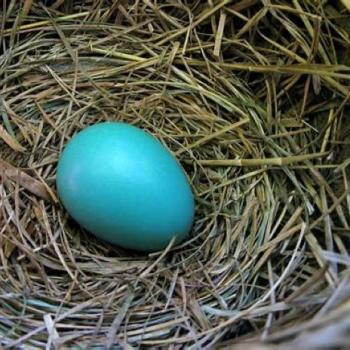This is nothing less than the kerygma of Israel, its most basic beliefs about their God. And that is why this text is read on the Sunday after Christmas. Now that Jesus has again been hymned and prayed and preached into the world, we want to know who he is, what we can expect him to be and do. And here is the answer: he will continue the actions of the God who sent him to be with his people. He is Emmanuel, God with us, and as that he will call us to himself as his chosen ones. He will ask us to deal only in truth, and in response he will care for us and love us in our deepest distress, will redeem us, lift and carry us as his God has done from the beginning.
Though we will and have rebelled against this gracious calling (see 63:10-19), he will never give us up, because his love for us cannot be broken. When the apostle Paul wrote his unmatched paean to the love of Christ in Romans 8, it was surely this Israelite series of beliefs that guided his thoughts. There is finally nothing that can separate us from such a love. Nothing!
I cannot speak for you, but that message is more than reason enough to show up on the Sunday after Christmas, because without it the hope of Christmas rings hollow and transient and too readily forgettable until the next round of loud hosannas next year. We shout "Hosanna" and "God is with us," but now we know more precisely what we mean and the effects it all can have on our post-Christmas lives.
Read Alyce McKenzie's accompanying New Testament reflection for this week, "The Fear of Competition" here.





